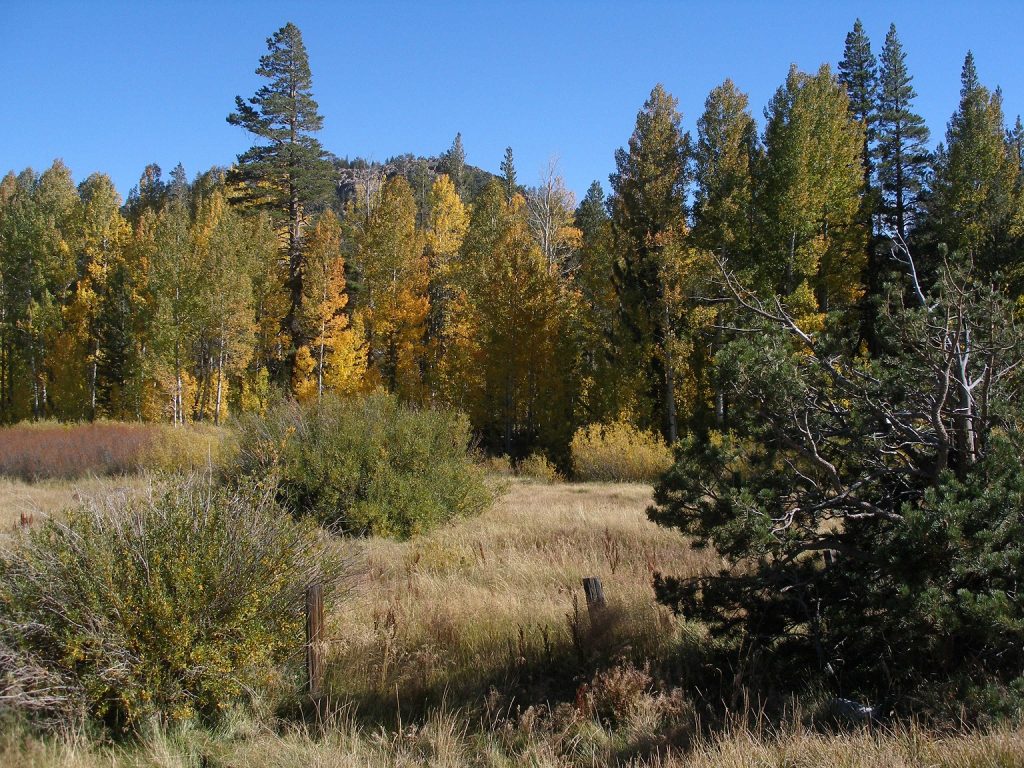Depends on who you ask. For Arthur’s purposes, it rejects anything other-worldly: science fiction, fantasy, punk, because of the simple fact that these are already their own genres.
Ecofiction is fiction in which real earth ecology is a major component of the plot such that it goes beyond just the setting.
The Earth Deserves Her Own Genre.
Unlike the above listed genres that may include elements of the ‘real world’, eco-fiction is not the lazy author’s fiction. It requires research in order to reflect real earth ecology. You can learn about real earth ecology from reading eco-fiction (that is hopefully interesting and/or fun at the same time).
An example would be a story about a girl who climbs to the top of a rock that is the color of a rainbow and the rock dissolves under her feet transporting her into space versus a girl who climbs to the top of a granite outcrop and the sun is reflecting off the crystals of feldspar and quartz and she wonders if the gold flecks in the rock are gold (do you know what they are? They are not gold). After sitting on the granite outcrop for awhile, she spots a particular tree and decides she will hike to it. She doesn’t know why she likes it, she just does. She wants to know what kind of tree it is. The latter is eco-fiction. The prior is easily cooked up piffle. Anybody can do it and it’s very effective if what you want is a fantasy experience but it is not eco-fiction.
How Do I Write Eco-fiction?
Start with a place you love, you go to for refuge, even if it’s just a rock in your backyard. What kind of rock is it? What are the plants, birds, bugs? What is the topography? How does the sun move across the sky? How can you take these real elements of the ecology and build a story from them that goes beyond the setting for the story?
Eco-fiction allows you to indulge in the love of our planet. So indulge.
